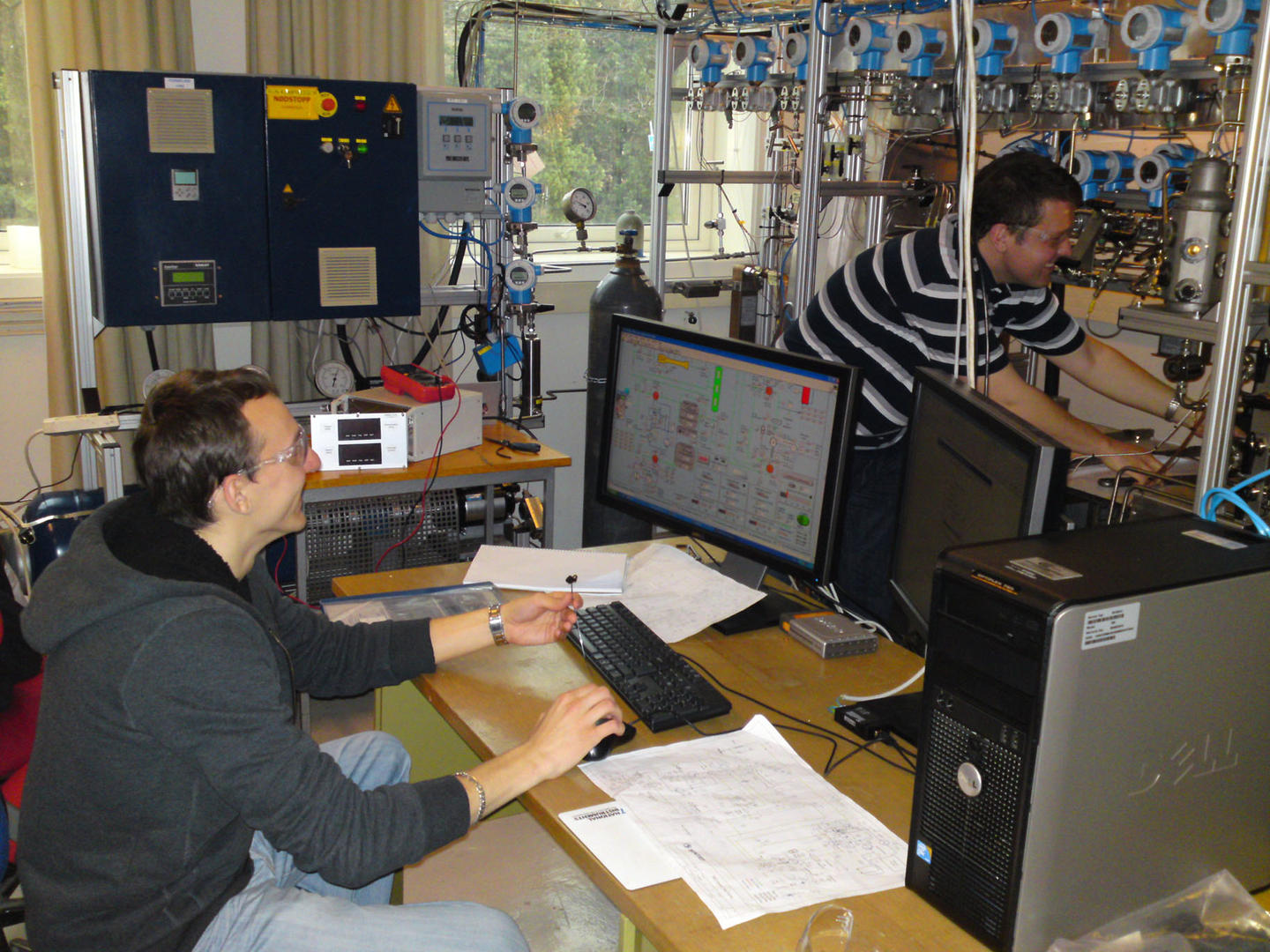Environmental support is the largest intervention area under the EEA and Norway Grants 2004-09, representing more than €320 million in funding when sub-projects under the NGO funds and research funds are included. For Polish and Norwegian researchers, the Polish-Norwegian Research Fund has become an important platform for extensive cooperation within the field of environmental research.
Joining forces
Pollution and dust from roads pose a considerable risk to public health in many European cities. Scientists at the Warsaw University of Life Sciences and the Norwegian Institute for Agricultural and Environmental Research (Bioforsk) have now joined forces to identify the top purifying plant species and plant designs that will allow the vegetation along streets in heavily trafficked cities to reduce the pollutants. While the Polish scientists have long-standing experiences in reducing pollutant concentrations in contaminated soils, the scientists at the Norwegian centre Bioforsk have expertise in various tree species.
Cooperation to draw on each other’s expertise is also at play in a partnership between the Silesian University of Technology in Poland and SINTEF Energy Research in Norway. Through developing a two-phase ejector system for small-scale heat pumping units, this partnership project aims at improving energy efficiency for refrigeration units and heat pumps by up to 20 percent.
Strengthening academic bonds
Both projects are supported under the Polish-Norwegian Research Fund. By funding joint research by Polish and Norwegian scientists, the two countries’ governments aim to further the already extensive cooperation between Polish and Norwegian researchers, primarily within the areas of environment and health research.
According to the Information Processing Centre in Warsaw, which manages the fund, several of the institutions that have been awarded grants have already initiated further international research projects with their Norwegian projects partners. The possibility of the fund to act as catalyst for further cooperation is also underlined by Research Manager Arne Sæbø at Bioforsk. According to Sæbø, the cooperation between Bioforsk and Warsaw University of Life Sciences will most likely lead to further research projects, also including partners from other European countries.
Academic research projects are supported in eleven beneficiary states. In the Czech Republic, Estonia, Hungary, Latvia, Poland and Slovakia, a total of nine funds and programmes have been established. The €21.4 million Polish-Norwegian Research Fund is the largest of these.
Photo: Armin Hafner, SINTEF Energi.
